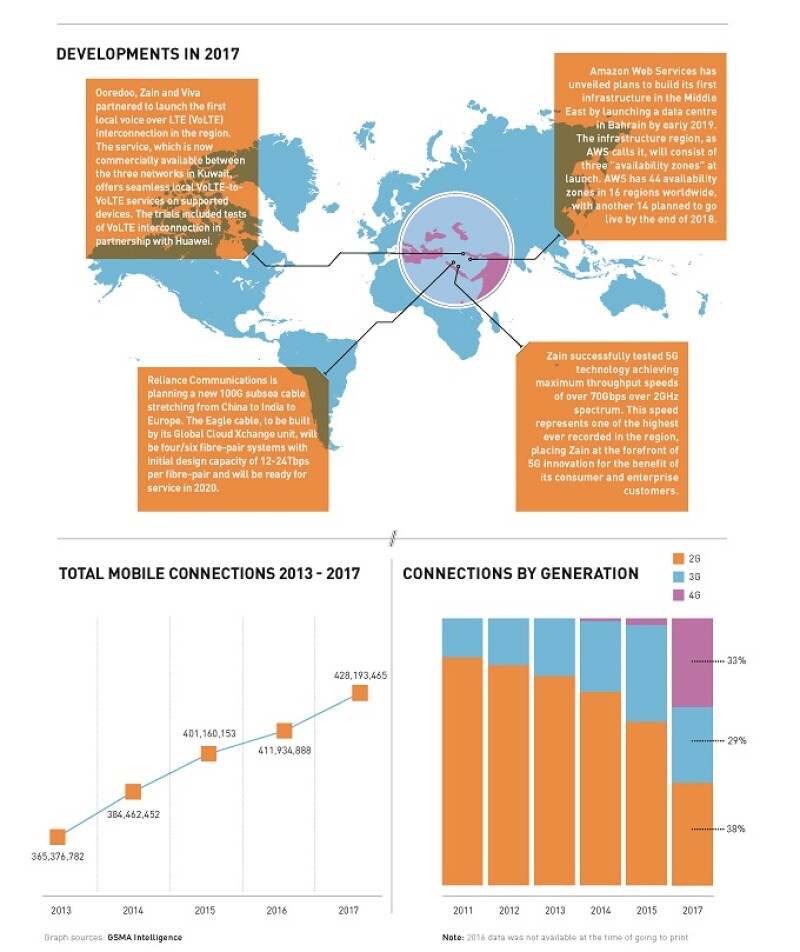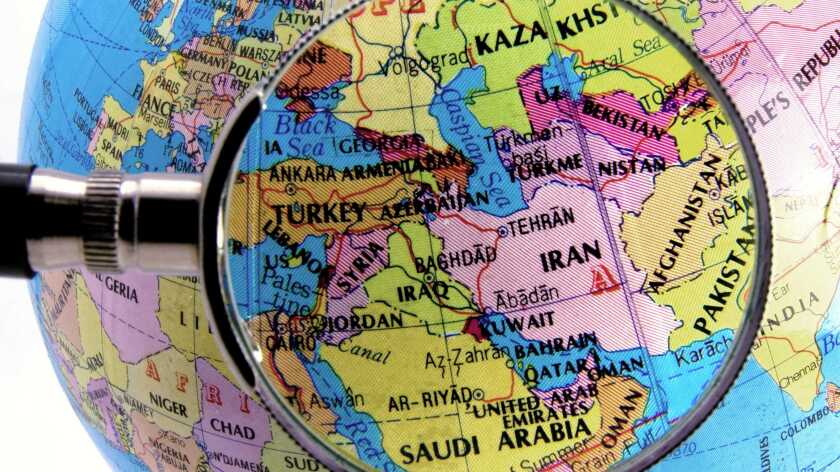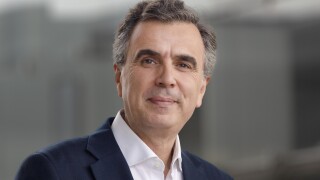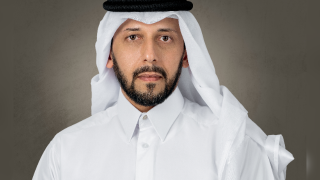The fixed broadband market in the Middle East is slowly beginning to gain traction in the more progressive markets. Overall however, regional penetration remains low. ADSL has been the most popular access method in many markets, but we are now seeing countries such as the United Arab Emirates and Turkey take significant strides in fibre-optic deployment and penetration. This is according to a report by BuddeComm, an independent research firm.
Mobile services have reached saturation in some markets, Bahrain, Israel, Jordan, Kuwait, Oman, Qatar, Saudi Arabia and the United Arab Emirates (UAE) and it has become clear that future telecoms growth will revolve around broadband services. This has led many of the various governments and operators towards a renewed push to improve both mobile and fixed broadband infrastructure.
Mobile broadband penetration in some countries like Bahrain, UAE, Qatar and Jordan are reaching quite high levels and these countries are progressing with data revenue growth, 5G planning and preparation and network upgrades. However other countries such as Yemen, Syria, Iran and Iraq still have room for enormous growth in terms of mobile broadband infrastructure and services – and will require changes in various country and industry dynamics for this to occur.
The Middle East continued to position itself as a leader in the smart city segment in 2017 with Dubai at the forefront of internet of things and smart developments. Etisalat, for example, opened its new innovation centre in the city, where it will showcase innovative solutions and drive digital transformation.
The company says that the new facility is the first of its kind in the region offering insight into how these new technologies will benefit Etisalat customers and partners.
Speaking about the new centre, Saleh Al Abdooli, Etisalat Group CEO, said: “In today’s digital age, it is essential to show how innovative solutions can be applied in the business environment and become a digital reality. Etisalat’s corporate strategy is focused on ‘Driving the Digital Future to empower the society’ across our customers and enabling them with solutions and services on this digital journey.”
The UAE’s two operators also announced that they are working together on a government project to build smart infrastructure in new developments. Etisalat and du said that the project, called Taawun, will include an initial 50 projects that will be pilots for all new developments in the UAE.
Etisalat is also getting on the 5G bandwagon. It has been trialling 5G technology, with one test last year hitting speeds of 71Gbps. It plans to deploy standardised 5G in the UAE by 2020 and launched pre-commercial 5G ultra mobile broadband in certain parts of Dubai at the end of 2017.
There were also a number of key announcements about cables in the region, with Batelco selecting Ciena’s platform for a new 8.8Tbps cable network that will connect with Gulf countries and the rest of the world.
The new Batelco Gulf Network (BGN) will be 1,400km long and will link all the countries across the Gulf Cooperation Council (GCC) in the Arabian Gulf region.
“The BGN is a reliable alternative to more vulnerable submarine cables, all with scalable capacity and the shortest inter-Gulf latency,” said Adel Al-Daylami, Batelco’s chief global business officer.
There was also an announcement from the international unit of Reliance Communications – Global Cloud Xchange (GCX) – to launch a brand new subsea cable called Eagle. The cable is due to be ready in 2020 and will be split into two parts, anchored in Mumbai. The first branch will run to Hong Kong but the second will connect Mumbai to Sicily via the Middle East.
GCX said: “The new Eagle express cable system will be the fastest Mumbai to Hong Kong route, avoiding the outage-prone Malacca Strait. In addition, Eagle will also be the fastest submarine route between India and key technology centres across the Middle East and Europe.”






